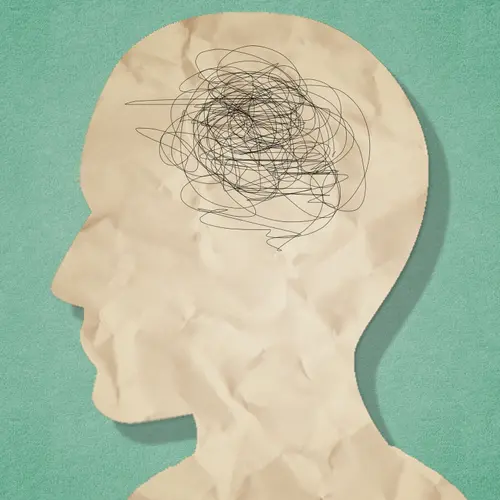Treatment for ADHD comes in many forms. A combination of medication, education, and counseling works to treat this brain disorder. You can also learn new skills and adopt healthy habits to help increase your attention span. Try a combination of them and see which works.
Organization. When you have ADHD, your thoughts may wander or go blank. You have tools available to you to help keep your thoughts in order. They include:
- Organization apps
- Phone alerts to remind you to do important tasks
- A paper planner or calendar
- A household whiteboard
- A task timer
Exercise. Physical activity increases chemicals in the brain like dopamine and serotonin. These help you stay focused and alert. Exercise also boosts your mood and memory.
Most any physical activity will do, whether it’s team sports, jogging, or hiking. Even if you go for a brisk, half-hour walk, you’ll see the benefits. The key is to choose an activity you’ll enjoy and can commit to. Outdoor exercise might give you extra benefits. Studies show that time outside in a natural setting can improve your ADHD symptoms.
Diet. Healthy foods may reduce some of your ADHD symptoms. What you do not eat matters, too. Stay away from sugary foods and those that contain red dye. These can make your symptoms worse.
Instead, eat a well-rounded diet. This is rich in fruits and vegetables, whole grains, lean meat, and unsaturated fats. Increase your intake of omega-3 fats. You find these in different types of fish and shellfish. Aim for two 12-ounce servings a week.
Plan your meals in advance. This helps you stick to a healthy diet. Eat home-cooked meals instead of takeout, which can have a lot of filler ingredients that your body doesn’t need. Use fresh ingredients and keep meals low in sugar, fat, and salt.
Stay hydrated. If you’re dehydrated, or you don’t refill your body with liquids, your ADHD symptoms can get worse. Drink plenty of water. Drinks with sugar and caffeine can decrease hydration. Energy drinks do the same. And they may make it harder for you to get a good night’s rest.
Sleep. Having trouble falling and staying asleep can be an issue for people with ADHD. Your symptoms get worse when you’re overtired. If you don’t get good sleep, consider these suggestions:
- Stick to a bedtime.
- Stay away from caffeine in the evening.
- Keep your room dark.
- Try relaxation techniques.
- Use your bed only for sleep and sex, not work or any other activities.
Relaxation techniques. These increase your attention and reduce depression and anxiety. Meditation exercises your ability to stay focused. You have to pay attention to your breath as you inhale and exhale. When you focus only on your breath, you take focus away from other distractions. The more you make a practice of meditation, the longer your attention span becomes. Include it in your daily schedule. If you stick with it, overtime you can change the part of your brain that handles your ability to plan and control your reactions.
Yoga and other mindful activities such as tai chi help you find calmness and stay centered. Learn deep breathing exercises to improve your alertness and relaxation. You can use yoga techniques whenever you feel stressed and overwhelmed.
Cognitive behavioral therapy. Studies show that this therapy helps improve focus in people with ADHD. It also helps with other core ADHD symptoms. Cognitive behavioral therapy teaches you to change thoughts and behaviors that don’t help you. It can give you new ways to manage your symptoms and be more attentive.

